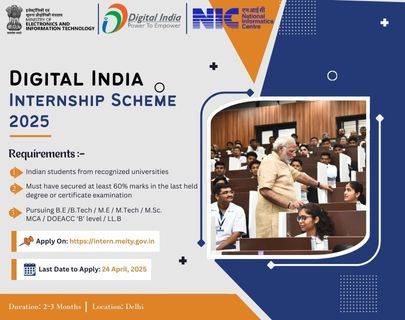

In recent years, there has been a growing trend in the world of education towards incorporating gaming elements into the learning process. Known as “gamification,” this approach has been embraced by teachers, students, and parents alike as a way to make learning more engaging, fun, and effective. But how exactly do educational games work, and why are they so successful in helping students learn?
One of the key reasons why educational games are so effective is that they tap into the natural human desire for challenge, competition, and achievement. By presenting learning material in the form of a game, students are motivated to actively engage with the content in order to progress and succeed. This not only makes the learning process more enjoyable, but also helps students develop important skills such as critical thinking, problem-solving, and decision-making.

Another important factor in the success of educational games is their ability to provide immediate feedback to students. Unlike traditional learning methods where feedback may be delayed or vague, games can offer instant feedback on a student’s performance, allowing them to quickly identify and correct mistakes. This instant feedback loop is crucial for effective learning, as it helps students understand where they went wrong and how they can improve in real-time.

Furthermore, educational games are often designed to cater to different learning styles and preferences, making them accessible to a wide range of students. online minecraft server hosting Whether a student learns best through visual, auditory, or kinesthetic means, there is likely an educational game that can accommodate their needs and help them learn more effectively. This customization and personalization of the learning experience are key factors in the success of educational games in engaging students and improving learning outcomes.
Overall, educational games are a powerful tool for enhancing the learning experience and helping students achieve academic success. By incorporating gaming elements into the classroom, teachers can make learning more engaging, interactive, and rewarding for students, ultimately leading to better retention of knowledge and improved academic performance. As the field of educational gaming continues to evolve and grow, it is clear that gamification has a bright future in shaping the way we learn and educate future generations.
